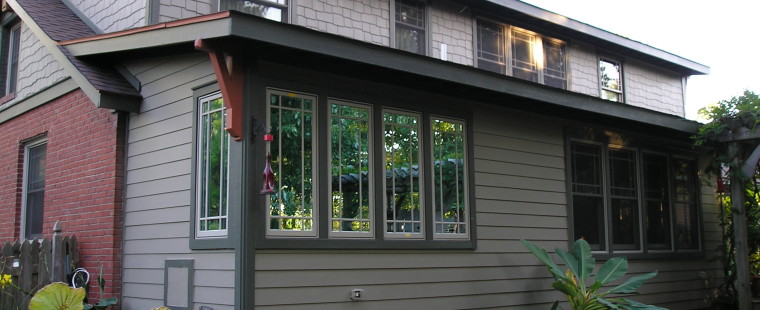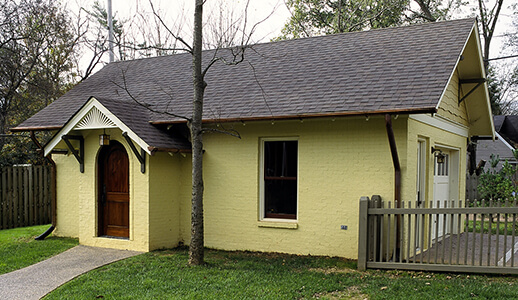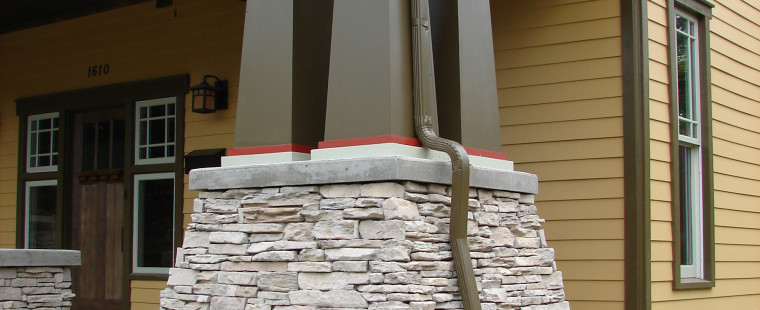What You Should Know To Avoid a Rip-Off
Part One of a Two-Part series
We’ve all heard the nightmare stories of unscrupulous contractors and sub-contractors preying on the unaware. They make promises, take your cash and you never see them again. Or they do an incomplete job, substandard work, and you cannot get them to come back and correct their mistakes.
If you decide to hire a residential remodeling contractor or sub-contractor, or even a Handyman/woman to do work on your home, there are some things you need to know in order to protect yourself and ensure your project receives the quality workmanship it deserves. To follow are tips on how to avoid getting scammed or taken advantage of.
I’m All About That Cash
Your first red flag is true in every industry – if the price sounds too good to be true it probably is. Typical come-ons are “this is a today-only deal”, “you need to fix that right away because it is a safety hazard”, or the “the price is low because we’ll use your home as a demonstration model”. Other tactics include claims that they have materials left over from another job at a cheaper price, or they will pressure you to start work right away.You’ll want to steer clear of anyone that demands cash payments or large cash deposits up front. Never pay with cash! You will want that paper trail for any and all work done to your home. A good idea is to check on what the maximum allowed down payment is according to your state’s law.
You’ll want to steer clear of anyone that demands cash payments or large cash deposits up front. Never pay with cash! You will want that paper trail for any and all work done to your home. A good idea is to check on what the maximum allowed down payment is according to your state’s law.
For example, this web link http://tn.gov/commerce/section/contractors-home-improvement is the state of Tennessee information on Contractors and general information for homeowners. Your city and state may have something similar. Tennessee also has a “Problem Contractors” list on their website: http://www.tn.gov/commerce/article/consumer-problem-contractors
Well-established contractors will agree to progress payments. This is fine as long as the payments do not get ahead of the work. Beware of anyone that asks for frequent Progress payments before a particular stage of the work is completed.
If a contractor asks you to pay the balance of the project before it is finished or sign off on a Certificate of Completion before the end of the job, do not do it! Only pay when you are completely satisfied with the finished work.
Requesting an up-front price in writing or a written contract should not be a problem. If you sense reluctance or hesitation, then beware! Chances are they plan to increase the price after the project is in progress or completed.
Watch out for anyone that asks you to “deed” or “transfer title” to your property, or wants you to sign a promissory note secured by your home. By the same token, do not agree to finance through the contractor without shopping around and comparing loan terms.
The Paper Trail
There are several aspects that can be checked when it comes to hiring a contractor to make sure they are reputable.
The first thing you should do is check that they have a verifiable business license, address and phone number. If they will only give you a PO Box only this is not a good sign. You must get a physical home address and verify it!
Request that they provide proof of both licensing and bonding as well as insurance coverage. Licensing means they have certifications to prove they are in business. Bonding means they have set aside money to cover any claims against them that may arise. They should be covered by both General Liability and Worker’s Compensation Insurance. If the contractor has employees then they are required to carry Worker’s Compensation insurance. Unlicensed usually means uninsured, so any damage to your property will not be covered by them.
Reputable contractors and sub-contractors will usually offer references and addresses of their past projects. Contact these clients if you can and ask how they felt the project went and if they were satisfied with the work. If you cannot verify a credential or reference they have provided you may want to consider taking a pass on hiring them.
It is not a good idea to hire a contractor without first checking that their license is in good standing in the licensing state. Each state has requirements that must be met each year for them to stay in good standing. Become familiar with the requirements for your state and only hire those that are in compliance.
Do not be fooled by lengthy guarantees or warranties. Length does not equal quality and it is possible to miss something in all the fine print. Be diligent in reviewing any and all such documents.
Permits
For just about every build project permits will need to be obtained. These are usually handled by your local Buildings and Codes Departments at City Hall or a County courthouse.
Be careful of anyone that asks you to pull the permits, or who is unwilling or unable to obtain a permit. This could hint at their less-than-legal business conduct.
Good Rules of Thumb
These last items may seem like a matter of common sense, but they are good general guidelines to follow.
Never sign a document you haven’t read, or that has blank spaces that need to be filled after you’ve signed. The obvious reason is that they can place things in that document you never agreed to. But because your signature is on it, you will have a hard time proving you had no foreknowledge of it. You might consider having a lawyer review the contract.
If they say they can start the job “tomorrow” you may want to think twice about hiring them. As anxious as you may be to start your project, good contractors do not operate this way. They need time to plan and schedule your project.
Watch out for contractors who go to door-to-door or via telephone. Likewise, if they are driving vehicles with out-of-state license plates this could be a clue that they are not an established contractor. This is not to say that reputable builders cannot be hired from out of state, but if you didn’t contact them and they show up at your door to solicit your business be very cautious.
If someone wants to do all the work on weekends or after hours – beware! This means they are most likely operating without a license, an established office, or without their office’s knowledge.
And finally, it is never a good idea to hire someone just because they are “nice” or you feel sympathy for some sad story about why they need the work. Shady contractors are very good at being charming and gaining your trust. Please do not hire someone just because “they are a nice guy.”
By following these suggestions, you will be protecting yourself and your property from any scam and con artists or people posing as contractors. By the same token, knowing how contractors work is going to arm you with the knowledge you need to spot anything that may be amiss.
Remember it’s YOUR home and YOUR money…make the most of it!
For more useful information on how to protect you, your cash and your property during a renovation or addition project, be sure to check out Part Two of Tips on How to Avoid Being Scammed by Contractors, Sub-contractors, and Handymen/women – What You Should Know to Avoid a Rip-Off.

Get instant access to the
37 TIPS for Homeowners to Avoid Being Scammed!
























